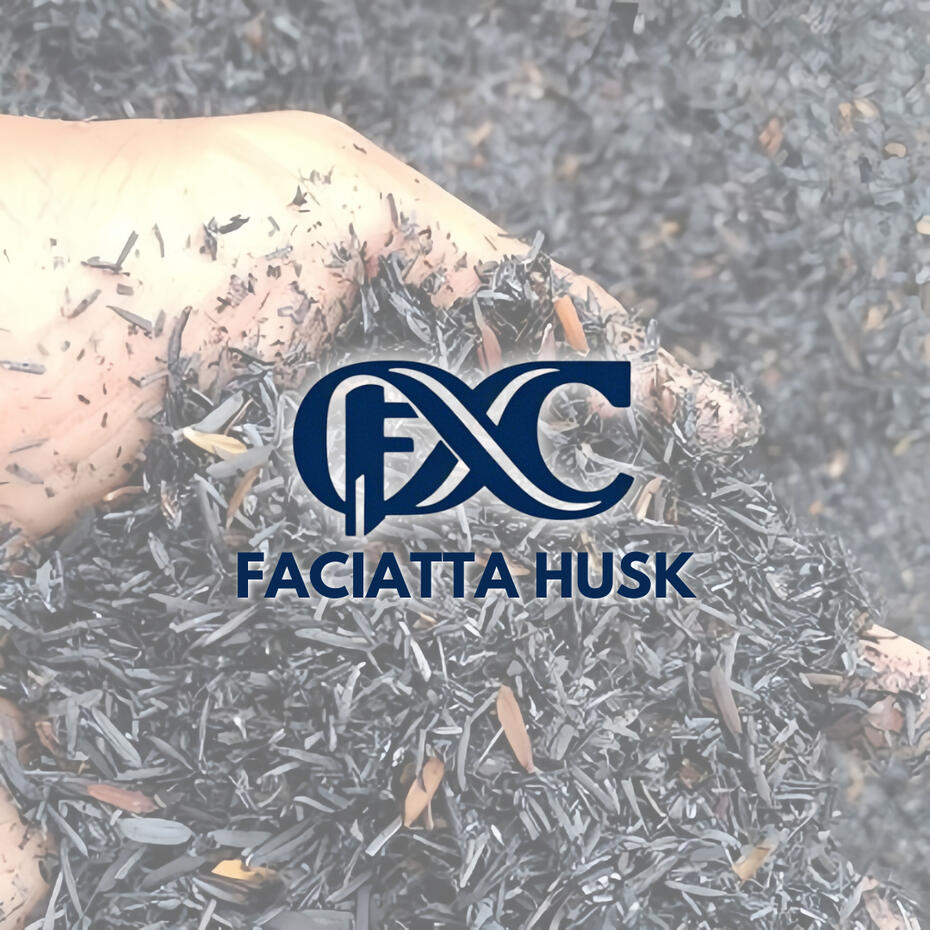WELCOME TO
FACIATTA HUSK
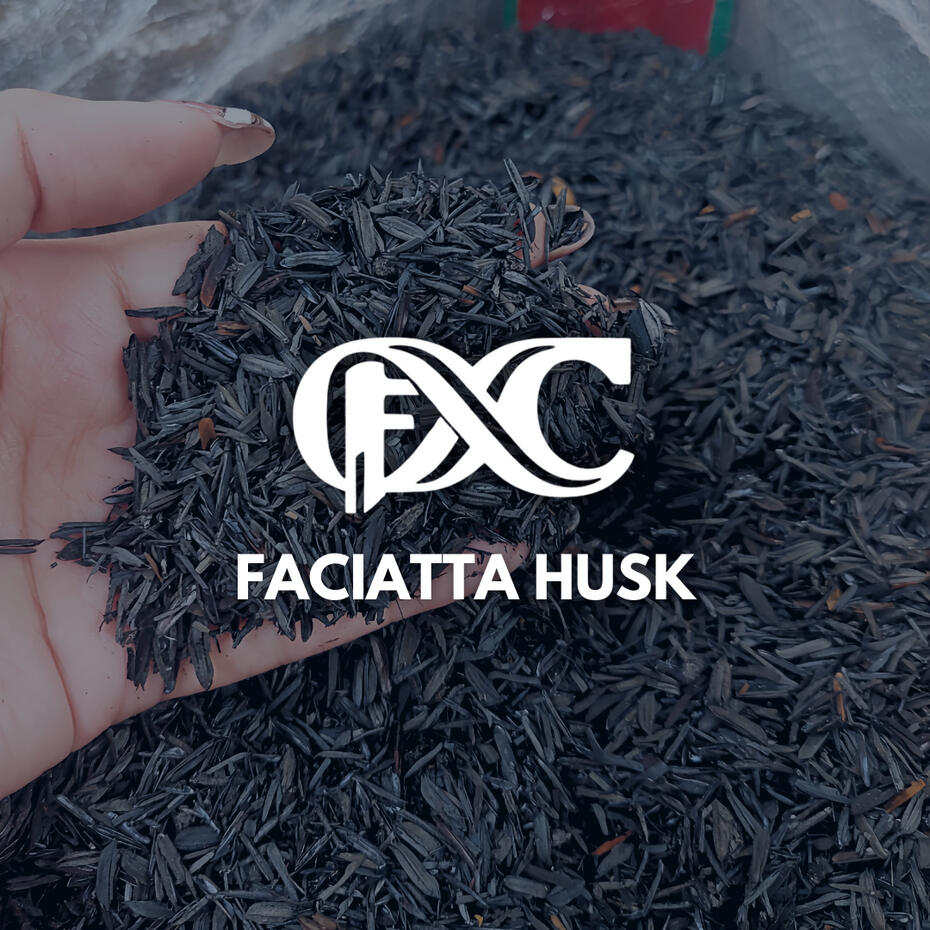
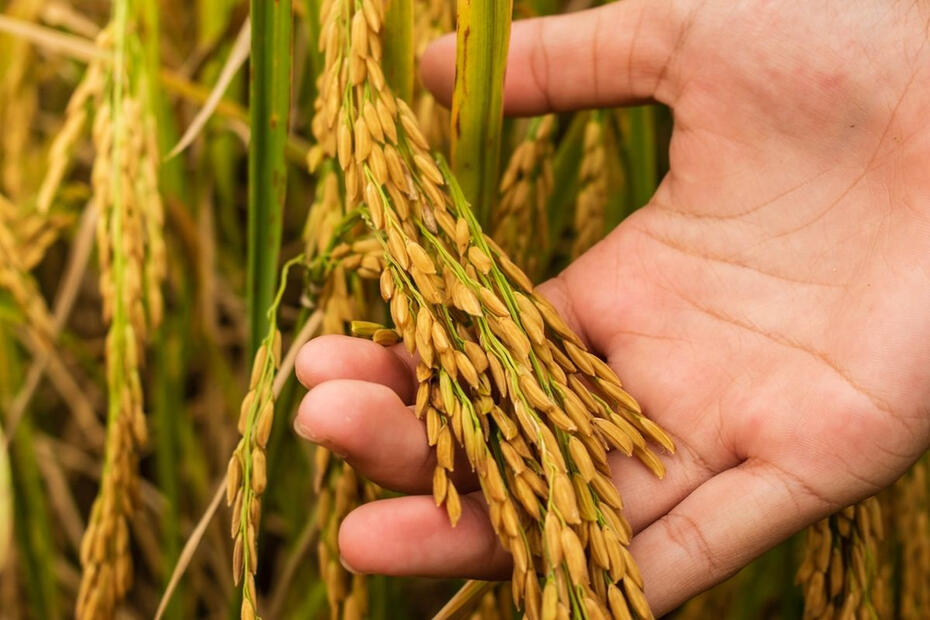
MISSION
Faciatta, our mission is to provide innovative and sustainable husk-based products that meet the growing demand for environmentally conscious solutions. We are dedicated to enhancing the value of agricultural by-products, while promoting a greener future for businesses and communities.
VISION
Our vision is to become a leading global supplier of eco-friendly materials, driving the transition to a sustainable and circular economy, where natural resources are efficiently utilized and waste is minimized.
HUSK
Husk: A natural, renewable resource with a wide range of applications in agriculture, manufacturing, and bio-energy sectors.
Composition:Structure: Rice husks are composed mainly of lignin, cellulose, and silica, making them a strong and durable material.
Weight: They are lightweight and have a low density.
Usually For :
1. Agriculture:• Soil Amendment: Rice husk can improve soil structure and aeration. • Mulch: Used as a protective layer on soil to retain moisture and suppress weeds.2. Energy Production:• Biofuel: Rice husk can be burned to produce heat and energy.
• Biomass Power: It can be converted into biochar or used in biomass energy plants.3. Construction Material:• Insulation: Rice husk ash can be used in concrete and as an insulating material.
• Composite Materials: Mixed with other materials for making panels and boards.4. Industrial Applications:• Silica Extraction: Rice husk is a source of silica, which can be used in various industrial applications.
• Activated Carbon: Can be processed to produce activated carbon for filtration.5. Environmental Benefits:• Waste Reduction: Utilizing rice husk helps reduce agricultural waste.
• Carbon Sequestration: When used as biochar, it can help sequester carbon in the soil.6. Nutritional Value:While rice husk itself is not edible, it can be processed to extract beneficial compounds for animal feed.7. Challenges:• Waste Management: Large quantities are produced, leading to disposal challenges if not utilized effectively.
• Combustion Issues: When burned, rice husk can produce particulate matter and pollutants if not managed properly.
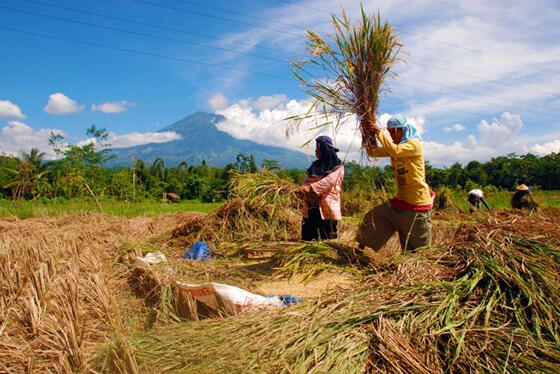
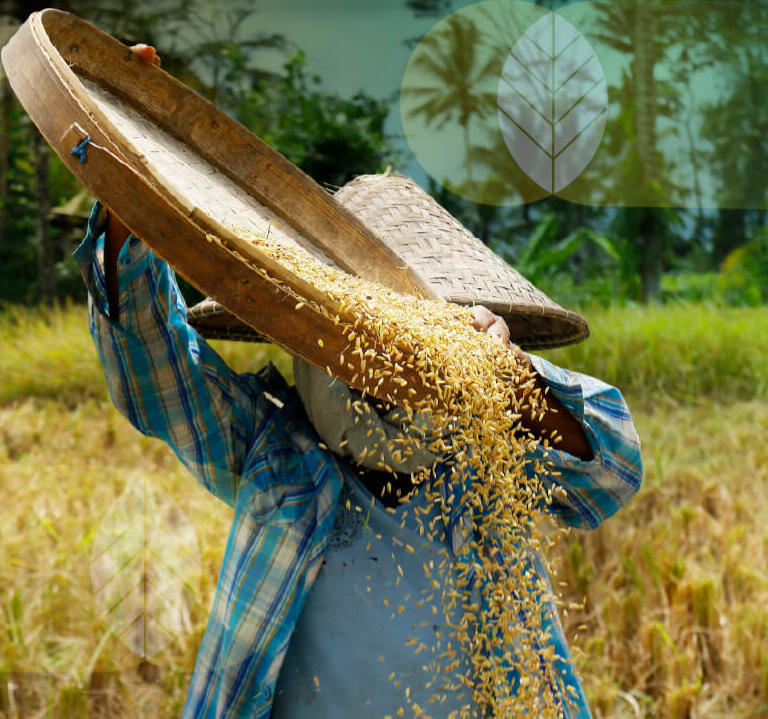
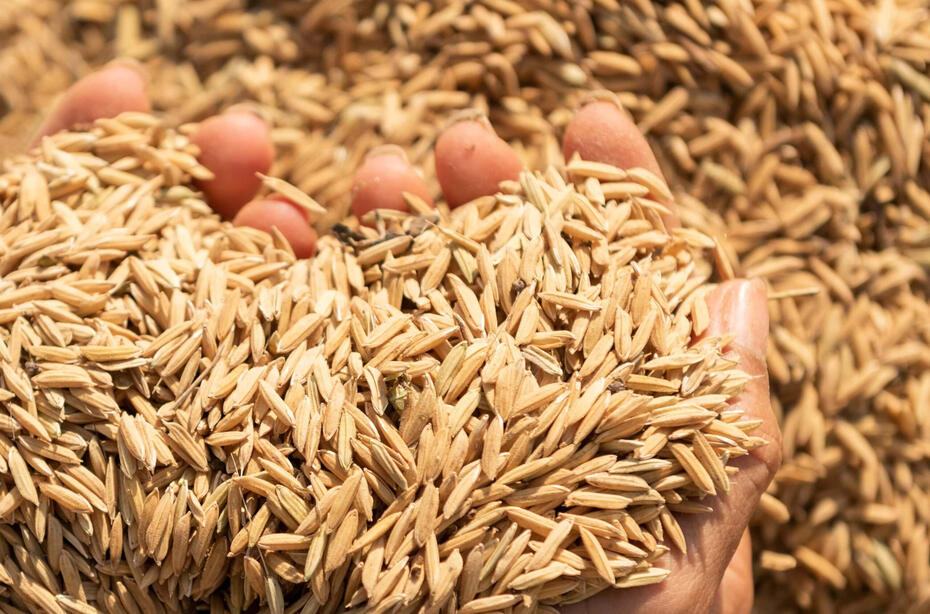
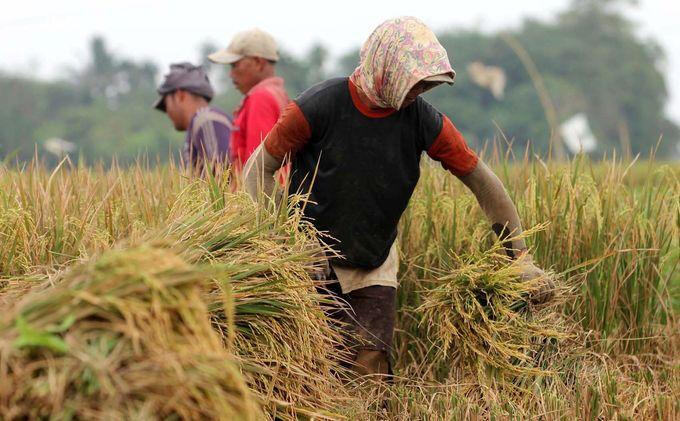
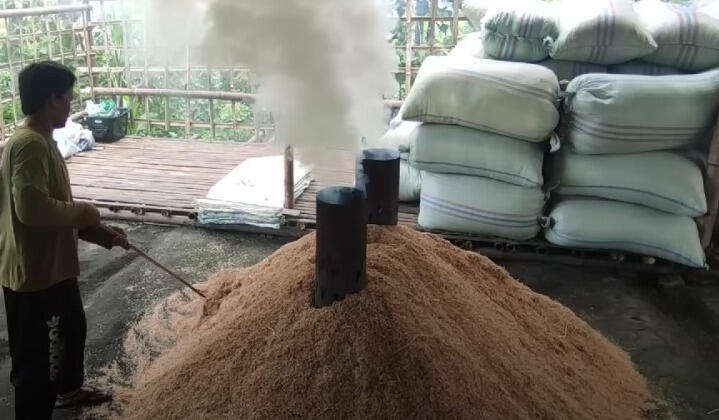
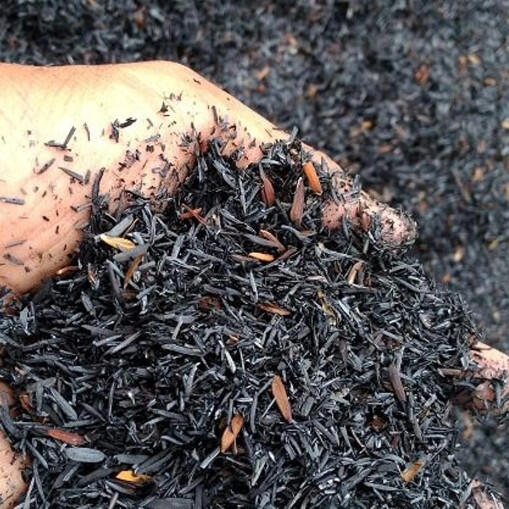
BURNT HUSK
Burnt Husk (BioCha): A carbon-rich, environmentally friendly product that can be used for soil enrichment, energy generation, and other industrial processes.
1. Composition
• Silica Content: Rice husk ash contains a high percentage of silica (SiO₂), often ranging from 70% to 80%, depending on the combustion conditions.
• Mineral Content: It may also contain other minerals such as potassium, calcium, and magnesium.2. Properties
• Lightweight: Rice husk ash is lightweight and has a low density.
• Chemical Reactivity: The high silica content makes it reactive, especially in alkaline environments.3. Construction Material
• Cement Replacement: Rice husk ash can be used as a pozzolanic material, partially replacing cement in concrete, enhancing strength and durability.
• Lightweight Concrete: It contributes to producing lightweight concrete, which is beneficial for reducing the overall weight of structures.4. Soil Amendment
• Improves Soil Structure: When mixed into soil, it enhances aeration and water retention.
• Nutrient Source: Provides essential nutrients for plants.5.Environmental Applications
• Carbon Sequestration: As a stable form of carbon, it can contribute to carbon sequestration when used in soil.
• Waste Management: Utilizing burnt rice husk helps in managing agricultural waste effectively.6. Industrial Uses
• Filtration: Rice husk ash can be used in water treatment processes as a filtration medium.
• Adsorbent: It can serve as an adsorbent in various chemical processes.
7. Benefits
• Sustainability: Using burnt rice husk reduces the need for traditional materials and contributes to sustainable construction practices.
• Cost-Effectiveness: It is often cheaper than conventional materials, providing economic benefits.8. Challenges
• Quality Control: The properties of rice husk ash can vary based on combustion conditions, requiring careful management to ensure consistency.
• Pollution: If not managed properly, burning rice husk can release particulate matter and other pollutants.
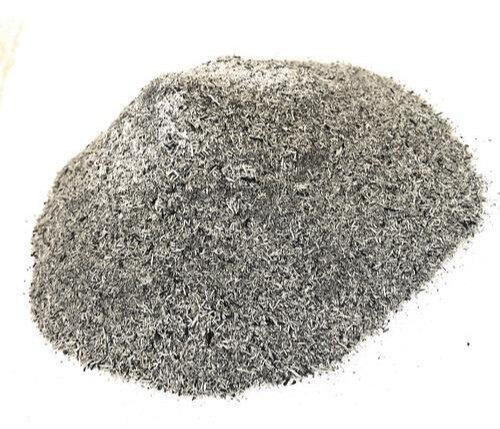
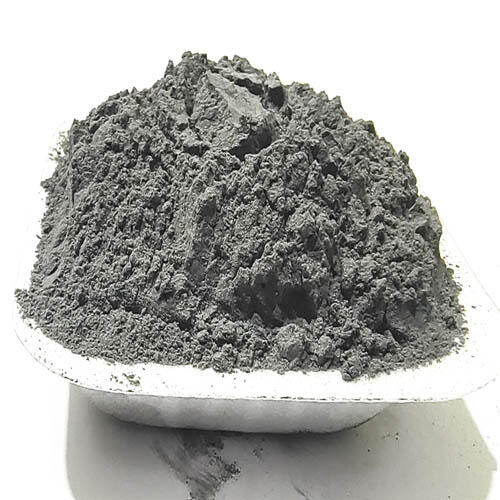
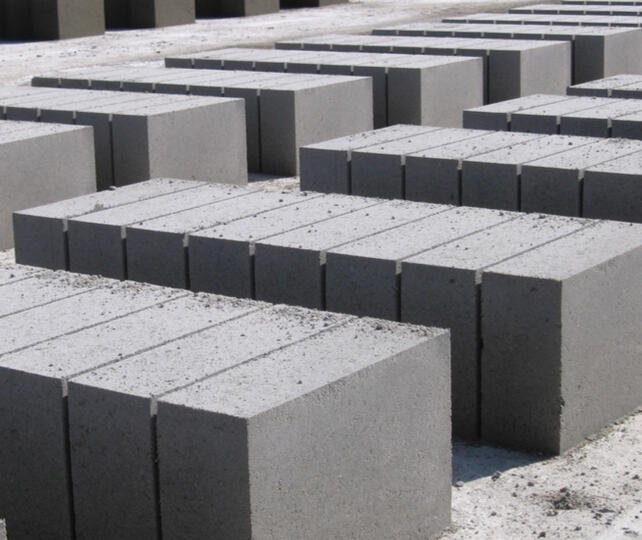
RICE HUSK ASH
Rice Husk Ash (RHA) is the byproduct obtained from the burning of rice husks, which are the protective outer layers of rice grains. After the milling process, these husks are often discarded as agricultural waste. When rice husks are incinerated, they produce ash that is rich in minerals and has several beneficial properties.
Composition of Rice Husk Ash
RHA primarily consists of:• Silica (SiO₂): A significant component, often comprising 80-90% of the ash.
• Potassium (K): Contributes to plant growth and soil health.
• Calcium (Ca) and Magnesium (Mg): Essential for various biological processes in plants.Characteristics
• Lightweight: RHA is less dense compared to other types of ash.
• High Surface Area: This feature makes it effective in various applications, including as a soil amendment.
• Alkaline Nature: It can help in neutralizing acidic soils.•Applications
• Agriculture: Used as an organic fertilizer to enhance soil fertility and structure.
• Construction: Incorporated in concrete and cement to improve strength and durability.
• Environmental Management: Utilized in waste treatment processes and as a component in biochar production.
• Food Industry: Sometimes used as a food additive for certain products.Benefits
• Sustainable Use of Waste: Helps in managing agricultural waste effectively.
• Improves Soil Quality: Enhances nutrient availability and soil structure.
• Cost-Effective: Provides an inexpensive alternative to chemical fertilizers.Conclusion
Rice Husk Ash is a valuable byproduct of rice processing, with multiple applications in agriculture, construction, and environmental management. Its rich mineral content and beneficial properties make it an important resource for sustainable practices.
ABOUT US
Faciatta is a leading supplier and producer of high-quality husk and burnt husk (BioCha), specializing in providing sustainable solutions to a variety of industries. With a commitment to environmental responsibility, we focus on harnessing the power of natural resources to create valuable products that are both eco-friendly and highly efficient.Our husk products, derived from natural agricultural by-products, are carefully processed to ensure consistency and superior performance. In addition, our burnt husk (BioCha) is a versatile and sustainable material, widely used in sectors like agriculture, energy, and manufacturing.
